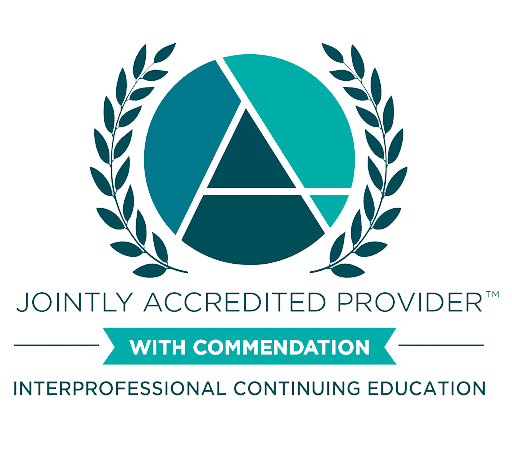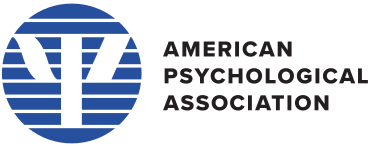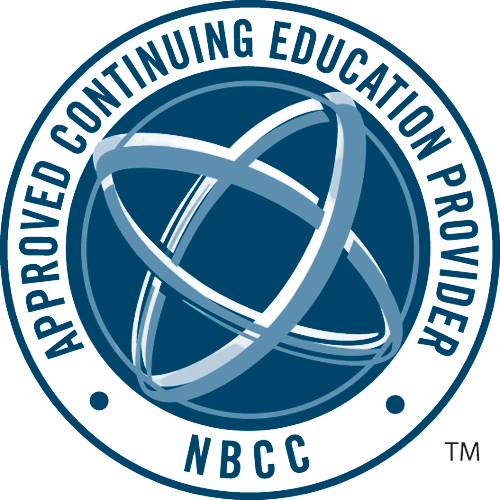A Resource for Healthcare and Social Services Professionals
February 13, 2025
4:00 pm–5:30 pm ET
This training explores sexual health-related risks associated with substance use disorder (SUD). We will focus on the impact of survival sex and sex work on the well-being of persons, including strategies to reduce violence and infections in this population. The training will review pharmacological interventions for HIV prevention, including nPEP, PrEP, and the concept of U=U. Participants will be able to define sexually transmitted infection (STI) testing strategies for the SUD provider and treatment considerations for patients on medication for addiction treatment.
Via Zoom
This training explores sexual health-related risks associated with substance use disorder (SUD). We will focus on the impact of survival sex and sex work on the well-being of persons, including strategies to reduce violence and infections in this population. The training will review pharmacological interventions for HIV prevention, including nPEP, PrEP, and the concept of U=U. Participants will be able to define sexually transmitted infection (STI) testing strategies for the SUD provider and treatment considerations for patients on medication for addiction treatment.
The entire multidisciplinary team providing treatment for substance use disorders in an office-based setting as well as anyone in a clinical or non-clinical position that is interested in learning about harm reduction.
Justin is a clinical nurse educator with Boston Medical Center's (BMC) Grayken Center for Addiction Training and Technical Assistance, a Family Nurse Practitioner in General Internal Medicine at BMC, and co-medical director of BMC’s Stimulant Treatment and Recovery Team (START) clinic. Justin earned a master’s in nursing from the University of Massachusetts-Dartmouth, a Post-Master's Family Nurse Practitioner certificate from the University of Massachusetts-Boston and is certified as a Certified Addiction Registered Nurse through the Addictions Nursing Certification Board.
Mary Wheeler, Harm Reduction SpecialistMary began working in the HIV prevention field in 1999 as a volunteer outreach worker for JRI Health in Boston. From 1999-2001, Mary worked as the street outreach coordinator for an outreach program that provided services to sex workers and people who use substances. Between 2001 and 2005, Mary worked for both the Cambridge and Boston syringe services programs prior to working in Lynn. In 2005, she took a position at Healthy Streets Outreach Program in Lynn, which provides services to sex workers and people who use substances. Healthy Streets is one of the first Massachusetts Department of Public Health Naloxone Distribution sites, serving towns on the North Shore of Massachusetts. Mary is currently the Program Director at Healthy Streets Outreach Program, which is now a program of Health Innovations Inc., where she has been for almost 10 years.
Following this training, participants will have the knowledge to:
Boston Medical Center Grayken Center for Addiction TTA, Department of Public Health, Bureau of Substance Addiction Services (DPH/BSAS)
Funding for out of state attendees is provided by the Opioid Response Network (ORN).
Funding for this initiative was made possible (in part) by grant no. 1H79TI085588-02 from SAMHSA. The views expressed in written conference materials or publications and by speakers and moderators do not necessarily reflect the official policies of the Department of Health and Human Services; nor does mention of trade names, commercial practices, or organizations imply endorsement by the U.S. Government.
REQUIREMENTS for credit
Please note this policy is strictly enforced for accreditation purposes. Participants will forfeit collection of credit and certificates of completion if more than 10 minutes of the training is missed.
Joint Accreditation Statement for CME, Nursing, Social Work and Psychology
 In support of improving patient care, Boston University Chobanian & Avedisian School of Medicine is jointly accredited by the Accreditation Council for Continuing Medical Education (ACCME), the Accreditation Council for Pharmacy Education (ACPE), and the American Nurses Credentialing Center (ANCC), to provide continuing education for the healthcare team.
In support of improving patient care, Boston University Chobanian & Avedisian School of Medicine is jointly accredited by the Accreditation Council for Continuing Medical Education (ACCME), the Accreditation Council for Pharmacy Education (ACPE), and the American Nurses Credentialing Center (ANCC), to provide continuing education for the healthcare team.
CME
Boston University Chobanian & Avedisian School of Medicine designates this live activity for a maximum of 1.50 AMA PRA Category 1 Credit(s)™. Physicians should claim only the credit commensurate with the extent of their participation in the activity.
Nursing
Nursing Contact Hours: 1.50 contact hours, of which 0.00 are eligible for pharmacology credit.
Social Work
As a Jointly Accredited Organization, Boston University Chobanian & Avedisian School of Medicine is approved to offer social work continuing education by the Association of Social Work Boards (ASWB) Approved Continuing Education (ACE) program. Organizations, not individual courses, are approved under this program. Regulatory boards are the final authority on courses accepted for continuing education credit. Social workers completing this course receive 1.50 clinical continuing education credits.
American Psychological Association (APA) CE Designation Statement
 Continuing Education (CE) credits for psychologists are provided through the co-sponsorship of the American Psychological Association (APA) Office of Continuing Education in Psychology (CEP). The APA CEP Office maintains responsibility for the content of the programs.
Continuing Education (CE) credits for psychologists are provided through the co-sponsorship of the American Psychological Association (APA) Office of Continuing Education in Psychology (CEP). The APA CEP Office maintains responsibility for the content of the programs.
New York State Psychology Credit
Boston University Chobanian & Avedisian School of Medicine Barry M. Manuel Center for Continuing Education is recognized by the New York State Education Department’s State Board for Psychology as an approved provider of continuing education for licensed psychologists #PSY-0181 Note: NYS psychologists must attend all sessions for credit. Partial credit is not allowed.
The Department’s approval of a provider of continuing education does not constitute the Department’s endorsement of the content, positions or practices that may be addressed in any specific continuing education course offered by the approved provider.
LMHC
 BMC Grayken Center of Addiction TTA has been approved by NBCC as an Approved Continuing Education Provider, ACEP No. 7188. Programs that do not qualify for NBCC credit are clearly identified. BMC Grayken Center of Addiction TTA is solely responsible for all aspects of the programs. For this program, 1.50 contact hours will be offered to participants who attend the training and complete the evaluation.
BMC Grayken Center of Addiction TTA has been approved by NBCC as an Approved Continuing Education Provider, ACEP No. 7188. Programs that do not qualify for NBCC credit are clearly identified. BMC Grayken Center of Addiction TTA is solely responsible for all aspects of the programs. For this program, 1.50 contact hours will be offered to participants who attend the training and complete the evaluation.
LADC/CADC & Recovery Coach
Boston Medical Center Grayken Center for Addiction Training and Technical Assistance is approved by the Massachusetts Department of Public Health, Bureau of Substance Addiction Services (DPH/BSAS) to award LADC/CADC and Recovery Coaches who complete this training 1.50 continuing education credits.
Community Health Worker
Boston Medical Center Grayken Center for Addiction Training and Technical Assistance is approved by the Massachusetts Department of Public Health, Board of Community Health Workers to award community health workers who complete this training 1.50 continuing education credits.
Disclaimer
Continuing education (CE) requirements vary by license and jurisdiction. When requesting continuing education credits, please ensure you are following the rules and regulations determined by the board regulating your license. Boston Medical Center Grayken Center for Addiction TTA does not oversee adherence to licensing requirements and regulations.
THIS CONTINUING EDUCATION PROGRAM IS INTENDED SOLELY FOR EDUCATIONAL PURPOSES FOR QUALIFIED HEALTHCARE PROFESSIONALS. IN NO EVENT SHALL BOSTON UNIVERSITY BE LIABLE FOR ANY DECISION MADE OR ACTION TAKEN IN RELIANCE ON THE INFORMATION CONTAINED IN THE PROGRAM. IN NO EVENT SHOULD THE INFORMATION CONTAINED IN THE PROGRAM BE USED AS A SUBSTITUTE FOR PROFESSIONAL CARE. NO PHYSICIAN-PATIENT RELATIONSHIP IS BEING ESTABLISHED. IN NO EVENT SHOULD INFORMATION IN THE MATERIALS REGARDING LAWS, REGULATIONS, OR LEGAL LIABILITY BE CONSIDERED LEGAL ADVICE OR USED AS A SUBSTITUTE FOR CONSULTING WITH AN ATTORNEY.